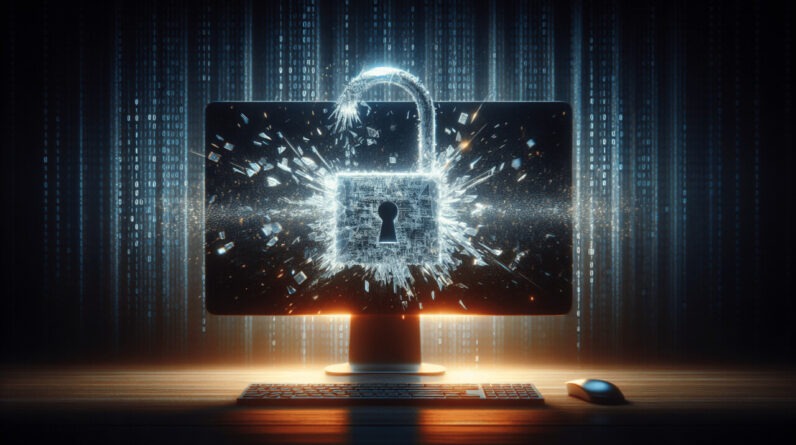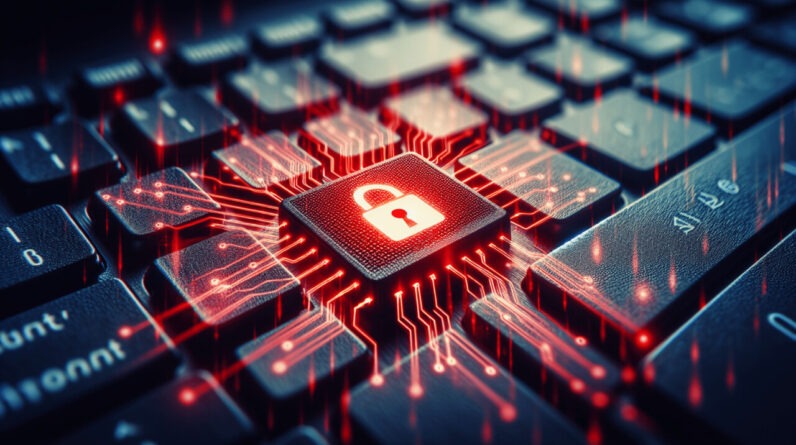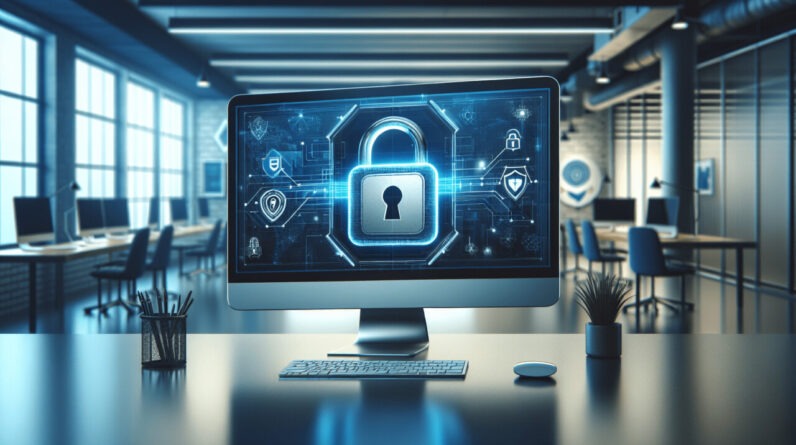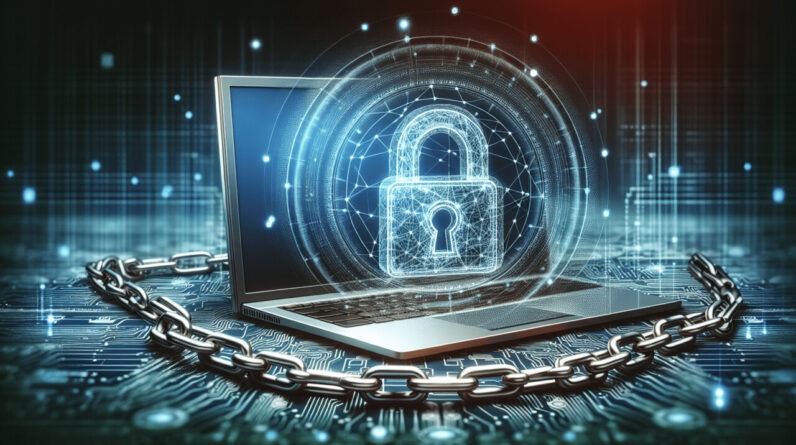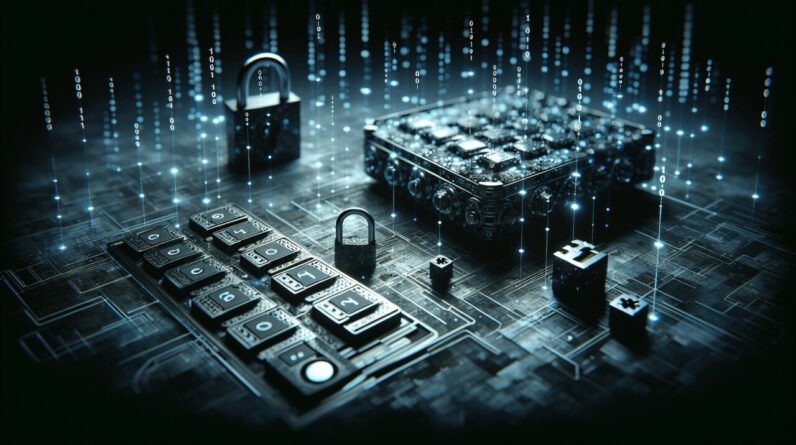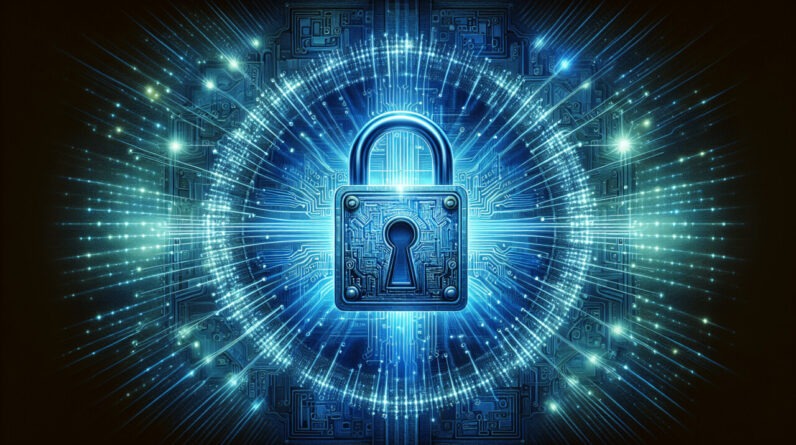
Have you ever wondered just how safe your personal information is in today’s digital landscape?
Table of Contents
Understanding Cybersecurity
Cybersecurity refers to the practices, technologies, and processes designed to protect networks, devices, and data from unauthorized access and attacks. You might not realize it, but you engage in various online activities daily, from shopping and banking to communicating with friends and family. Each of these activities generates data, and it’s crucial that this information remains secure.
The Growing Need for Cybersecurity
As more of your life moves online, the risk of cyber threats increases. Businesses, governments, and individuals alike are becoming increasingly aware of this reality. Cybersecurity is essential not just for protection but to maintain trust in digital communications and transactions.
Personal Data at Risk
Your personal data—including your name, address, social security number, financial information, and even your browsing history—can be targeted by cybercriminals. By understanding why cybersecurity matters, you can better protect yourself from potential threats.
Types of Cyber Threats
Phishing Attacks
Phishing attacks occur when cybercriminals pose as trustworthy entities to trick you into giving away sensitive information. These can come in the form of emails, text messages, or even phone calls.
- Example: An email appears to be from your bank, asking you to confirm account details. If you click the link and enter your information, it’s captured by the attacker.
Malware
Malware, or malicious software, is designed to harm or exploit any programmable device or network. This includes viruses, worms, and ransomware.
- Example: Your computer slows down suddenly, and you receive a message demanding payment to unlock your files. That’s ransomware in action.
Identity Theft
Identity theft occurs when someone uses your personal information without your permission, often for financial gain. This can lead to devastating consequences if someone assumes your identity.
- Consequences: An identity thief could open credit accounts in your name, impacting your credit score and financial health.
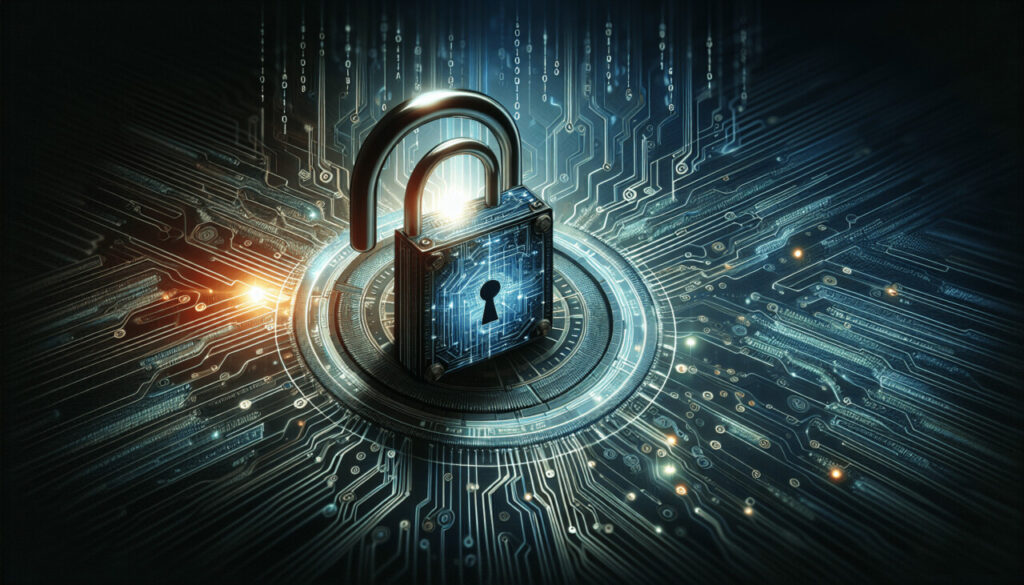
Why Cybersecurity Matters
Protecting Your Privacy
In a world where data breaches are frequent headlines, cybersecurity is vital for safeguarding your privacy. Protecting your data means that you’re less likely to become a victim of identity theft or financial fraud.
Maintaining Trust
Trust is foundational in both personal and professional relationships. If businesses cannot safeguard your data, it erodes that trust. Cybersecurity is key to maintaining this trust in our interactions.
Preventing Financial Loss
Cyber incidents can lead to significant financial loss, not just for individuals but also for businesses. According to estimates, the average cost of a data breach can range from thousands to millions, depending on the severity.
Legal Implications
There are laws and regulations around data protection that organizations must comply with. If a security breach occurs due to negligence, the consequences can lead to hefty fines and legal action.
Implementing Cybersecurity Measures
Strong Passwords
Creating strong, unique passwords is your first line of defense. A good password is typically at least 12 characters long and combines letters, numbers, and special symbols.
Examples of Strong Passwords
| Weak Password | Strong Password |
|---|---|
| password | T9&v7@Lwd*H3!cQ |
| 123456 | !Xb2$9fnQ@oZ&rUx |
| yourbirthdate | G7x^f!J94&tQeS$2 |
Two-Factor Authentication (2FA)
Enabling two-factor authentication significantly increases your security. This requires you to provide two types of information before you can log in, adding an additional layer of protection.
Keeping Software Updated
Outdated software can contain vulnerabilities that cybercriminals exploit. Regularly updating your operating system and applications ensures you have the latest security patches.
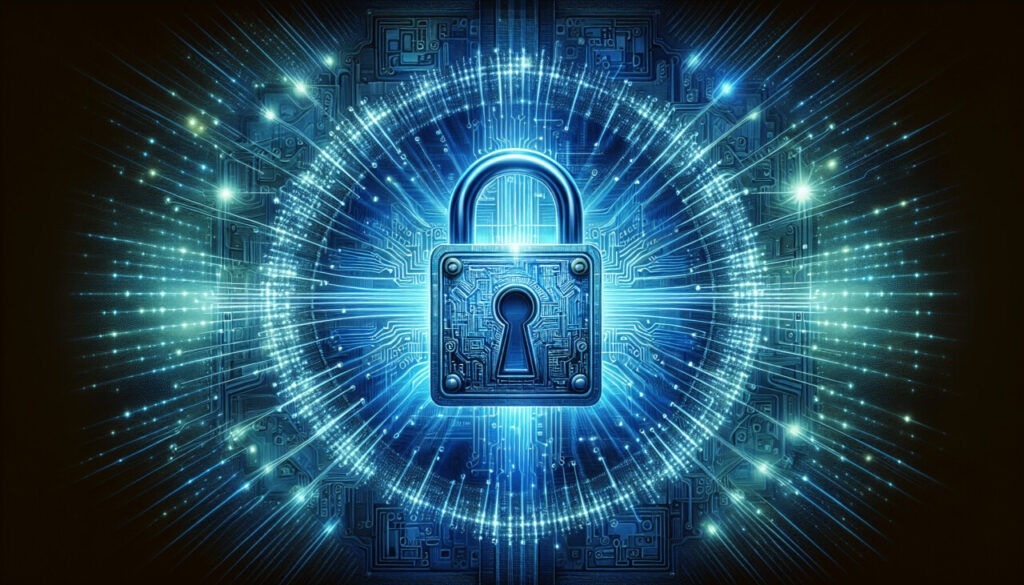
The Role of Organizations in Cybersecurity
Employee Training
Businesses rely on their employees to uphold cybersecurity measures. Regular training sessions can educate staff about recognizing threats like phishing and proper data handling practices.
Incident Response Plan
A well-defined incident response plan can mitigate damage during a cyber incident. This plan should outline procedures for identifying, responding to, and recovering from security breaches.
Implementing Security Protocols
Developing robust security protocols—such as firewalls, antivirus software, and encryption—protects the organization from external threats.
The Importance of Cybersecurity for Businesses
Data Protection
For a business, data is an invaluable asset. Effective cybersecurity strategies ensure that customer and company data is safeguarded.
Reputation Management
In today’s digital age, your reputation can be impacted by a single breach. Companies that demonstrate a commitment to cybersecurity can enhance their public perception and maintain customer loyalty.
Competitive Advantage
Organizations with strong cybersecurity measures can often gain a competitive edge. Consumers are more likely to engage with businesses that prioritize safety, leading to increased trust and retention.
Common Misconceptions about Cybersecurity
“I’m Not a Target”
Many people think they are too small or insignificant to be targeted by cybercriminals. In reality, individual accounts can be highly lucrative. Your information is valuable, regardless of your status.
“Antivirus Software Is Enough”
While antivirus software is an important tool, it’s not a complete solution. Comprehensive cybersecurity involves several layers, including training, awareness, and incident response.
“Cybersecurity Is Too Expensive”
Investing in cybersecurity is an investment in your future. The costs associated with a security breach can far outweigh the costs of implementing preventative measures.
The Future of Cybersecurity
Emerging Technologies
As technology advances, so does cybercrime. Artificial intelligence (AI) and machine learning are being integrated into cybersecurity measures to predict and respond to threats more effectively.
Increased Regulations
Governments worldwide are enacting stricter data protection laws. Staying informed about these regulations can help you and your business maintain compliance and protect consumer trust.
The Role of Education
As cyber threats evolve, so must your understanding of best practices in cybersecurity. Continuous education is vital for both individuals and organizations to stay protected.
Conclusion
In today’s digital world, the importance of cybersecurity cannot be overstated. By taking proactive measures to protect your personal information and understanding the threats that exist, you can significantly reduce your risk. Remember, your data is valuable, and by prioritizing cybersecurity, you are taking an essential step towards protecting yourself and your digital life.


